google books ngram viewer api
The code could not be any simpler than this. The Ngram Viewer displays user-selected words or phrases in a graph that shows how they came to be in a text.

Scrape Google Ngram Viewer Using Python Geeksforgeeks
It has an API but its not documented.

. Heres a updated version with some improvements for easier integration into Python code. What is Ngram Viewer Google Books. All corpora were generated in July 2009 July 2012 and February 2020.
No data would be collected from you by the extension. We will update these. What is the API for Google Ngram Viewer.
Below are descriptions of the corpora that can be searched with the Google Books Ngram Viewer. Econpys package in HugoMailhots answer no longer works 2021 and seems not maintained. Hashes for google_ngram_api-12targz.
If you wish to change the. The Google Ngram Viewer displays user-selected words or phrases ngrams in a graph that shows how those phrases have occurred in a corpus. In the Google Ngram.
When you enter a word phrase or even a punctuation mark into the Google Books Ngram Viewer it displays a graph showing how frequently those words. This blog post is to show you way how you can do it yourself with. The Google Books Ngram Viewer dataset is a freely available resource under a Creative Commons Attribution 30 Unported License which provides ngram counts over books.
A tool that displays a graph showing how those phrases have occurred in a corpus of books eg British English English Fiction French over the selected years. About Google Ngram Viewer When you enter phrases into the Google Books Ngram Viewer it displays a graph showing how those phrases have occurred in a corpus of books eg British English English. The Google Ngram Viewer shows the frequency of phrases over time.
Using the Google Books API your application can perform full-text searches and retrieve book. Google Books is our effort to make book content more discoverable on the Web. You can call this from the command line as in econpys to create a CSV file eg.
The scanned books available in Google Books are used to make the Ngram. This tool does not require any special permissions or something like that. In order to examine cultural change as it is reflected in books a search engine called the Google Books Ngram Viewer can be used.
This is pretty amazing. Currently we dont have an API that supports extracting data from Google Books Ngram Viewer page. The Embedded Viewer API uses English by default when displaying textual information such as tooltips the names for controls and link text.
Github Seancarmody Ngramr R Package To Query The Google Ngram Viewer

Scrape Google Books Ngrams Viewer In Python Python In Plain English

Working With Google Ngrams A Data Wrangling Tale Economics From The Top Down
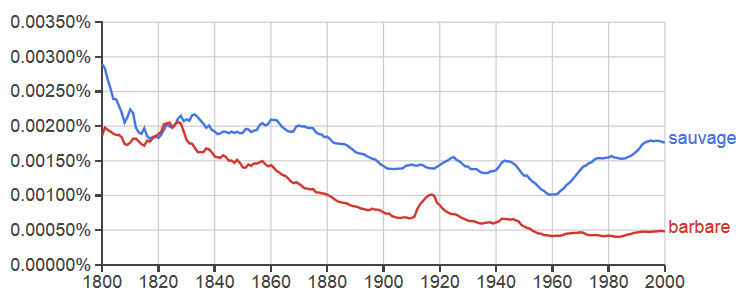
Google Ngram An Intro For Historians Hazine
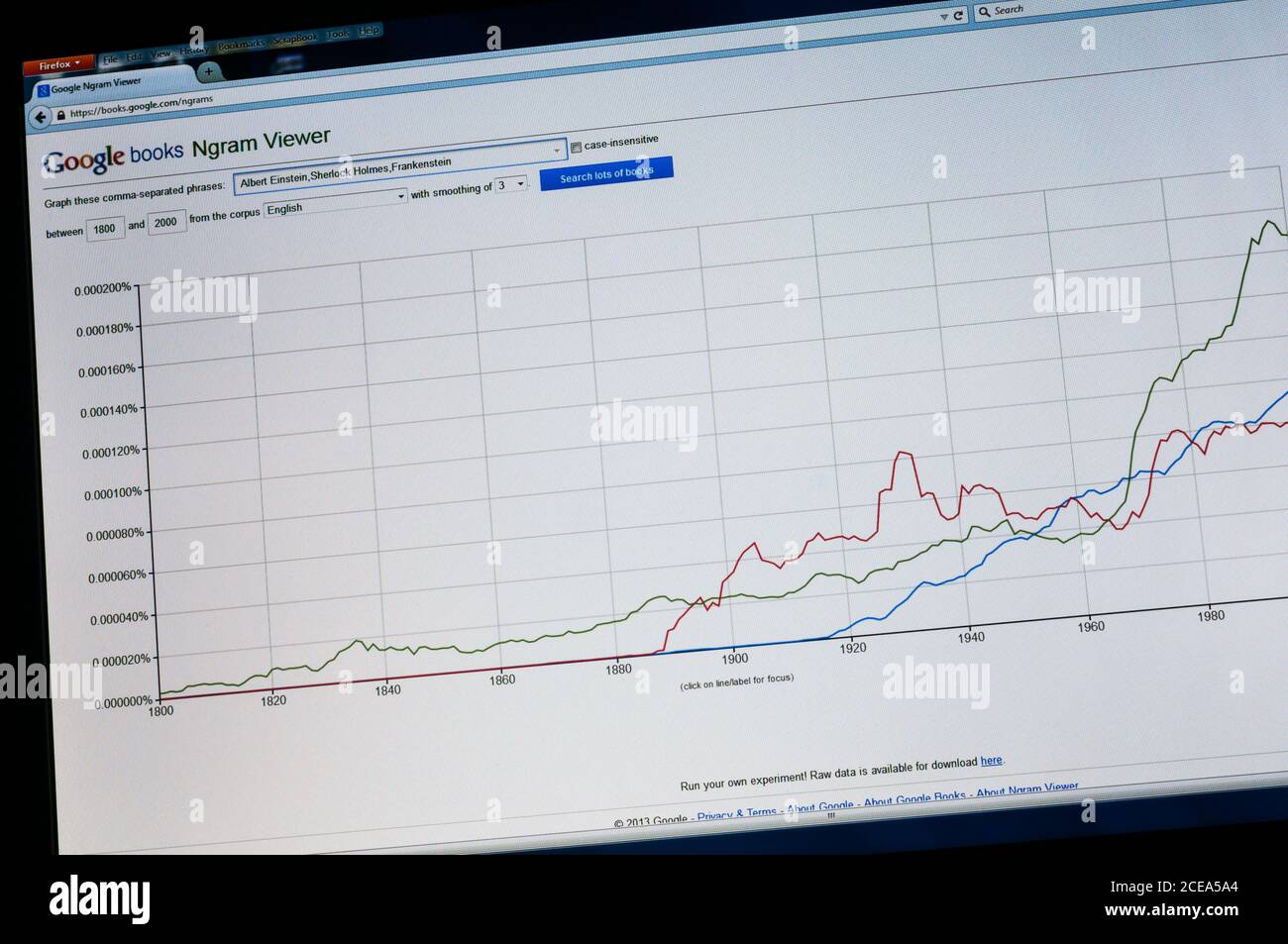
The Google Books Ngram Viewer Shows The Frequency Of Use Of Any Set Of Search Strings Stock Photo Alamy

Exploring Google Books Ngram Viewer For Big Data Text Corpus Visualiz
Github Econpy Google Ngrams Python Scripts For Retrieving Csv Data From The Google Ngram Viewer And Plotting It In Xkcd Style The Python Script For Retrieving Ngram Data Was Originally Modified From The
How Come The Google Ngram Viewer Is Always At 0 Between The Years 1510 And 1516 For Every Word Quora

Citations How To Export And Cite Google Ngram Viewer Result Academia Stack Exchange

Citations How To Export And Cite Google Ngram Viewer Result Academia Stack Exchange

Pdf Google N Gram Viewer Does Not Include Arabic Corpus Towards N Gram Viewer For Arabic Corpus Semantic Scholar

Google Books Ngram Lines Meaning Web Applications Stack Exchange
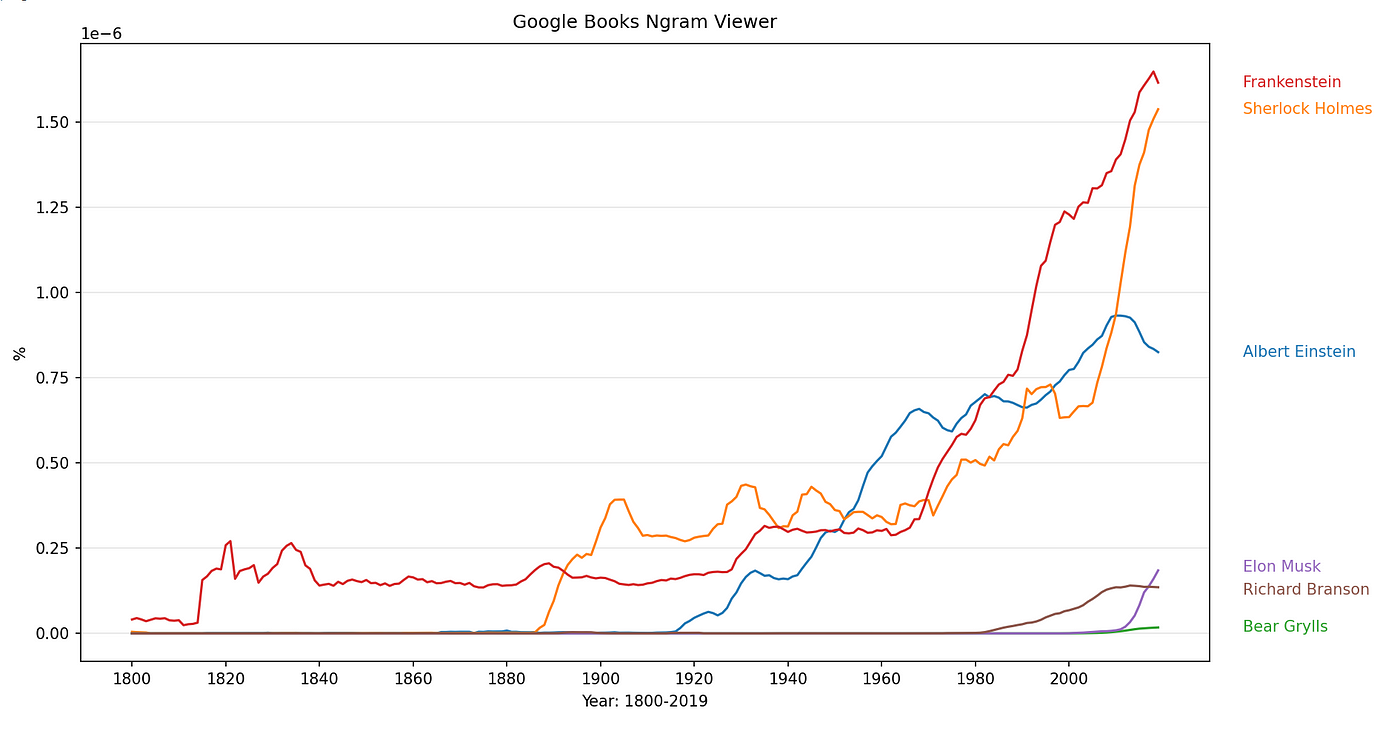
Scrape Google Books Ngrams Viewer In Python Python In Plain English
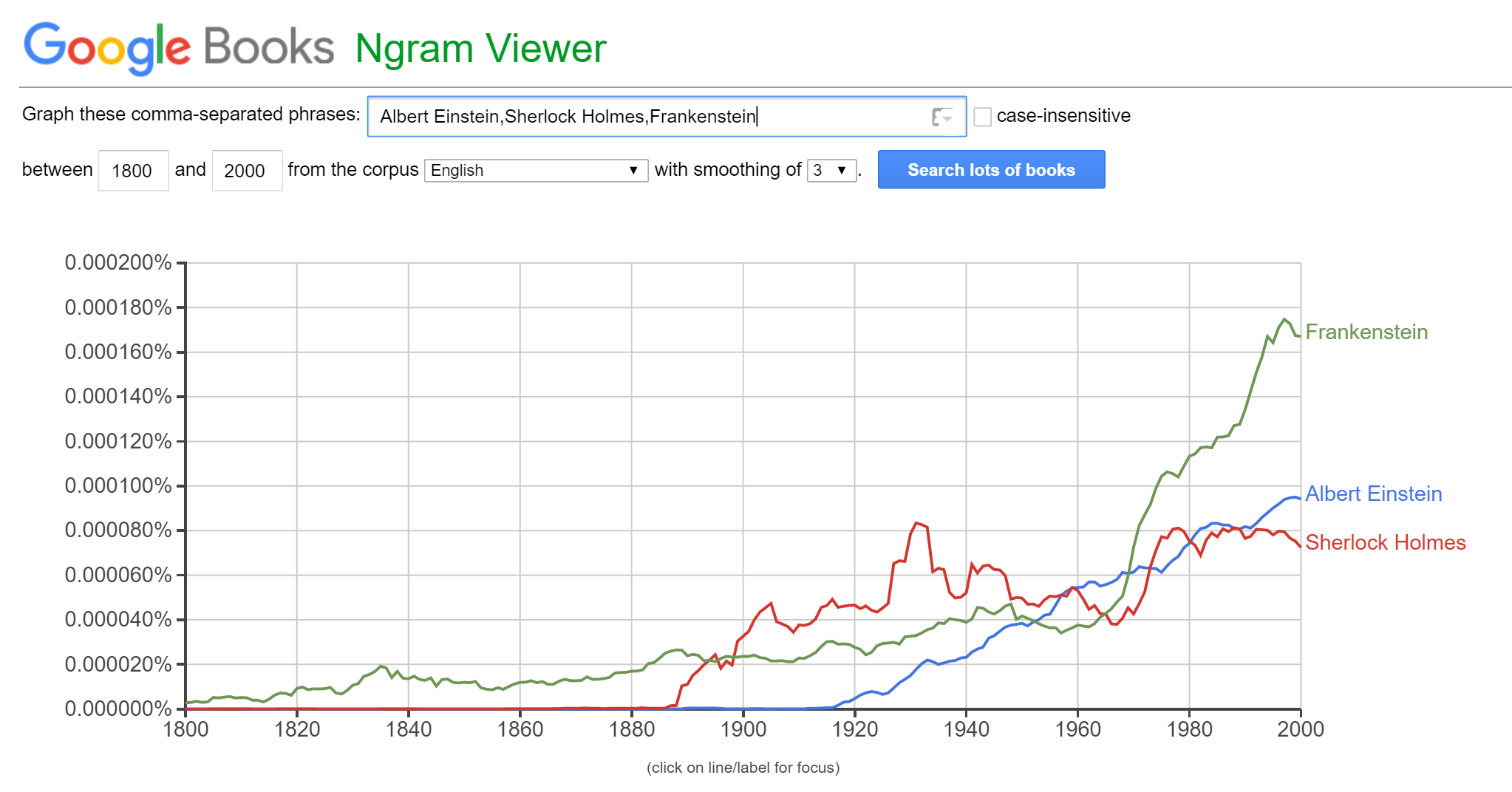
Google Books Ngram Viewer Bettercloud
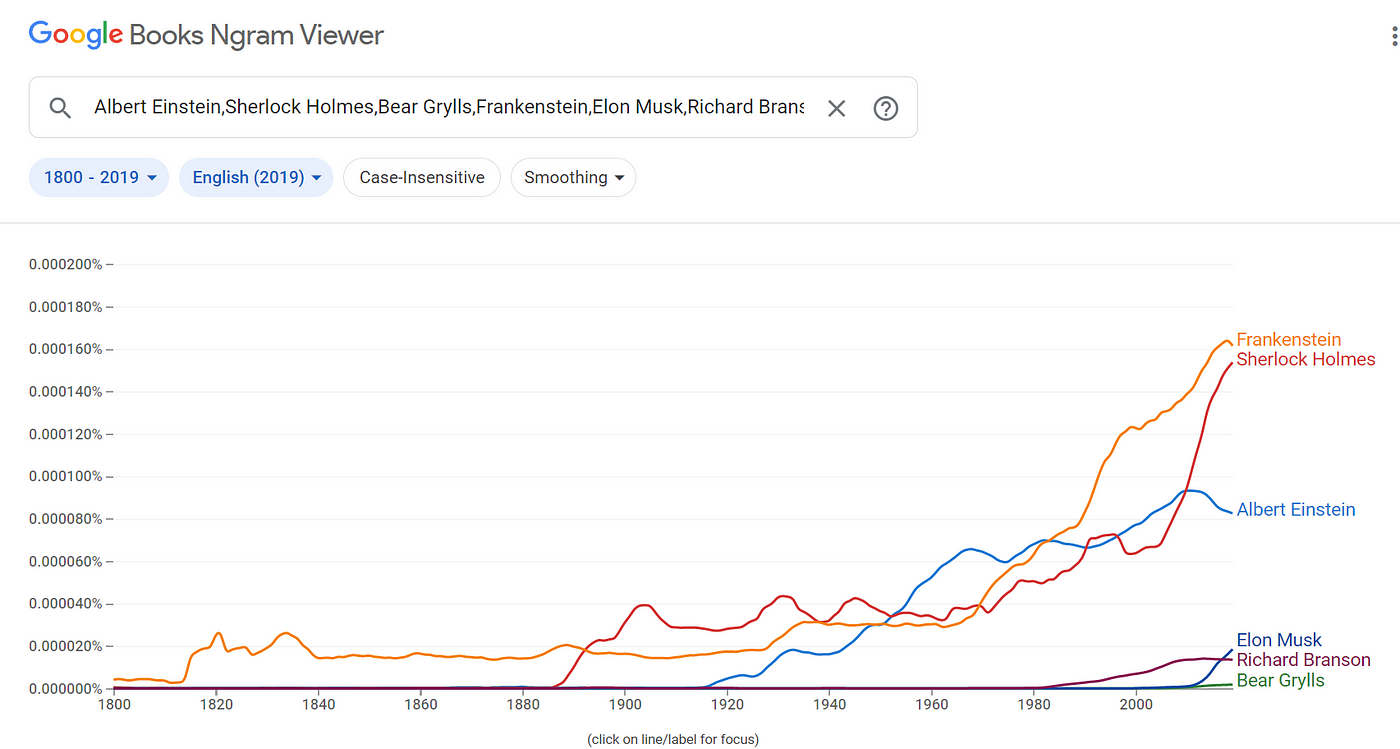
Scrape Google Books Ngrams Viewer In Python Python In Plain English
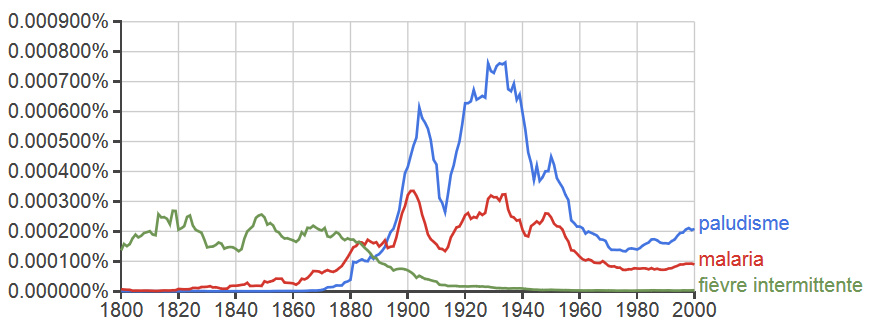
Google Ngram An Intro For Historians Hazine

The Google Books Ngram Viewer Shows The Frequency Of Use Of Any Set Of Search Strings Stock Photo Alamy
Is There An Ngram Viewer Tool Like The Google One Which You Can Use Your Own Data Set With Quora
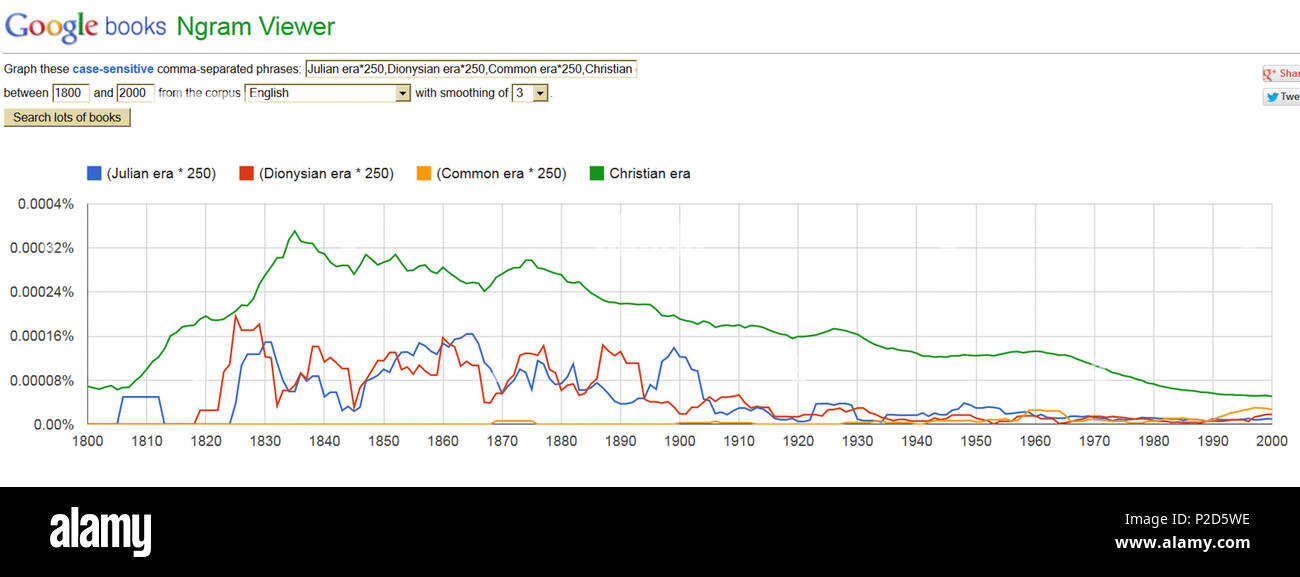
English Statistics From Google Books Ngram Viewer Showing Frequency Of Use Of The Terms Julian Era Dionysian Era Common Era And Christian Era Note That The Julian Dionysian And Common Era